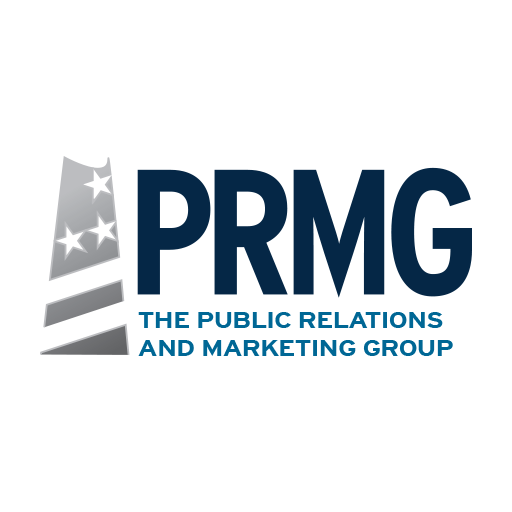By Hank Russell
It is said that people judge you by the words you use — whether they be spoken or written. How you write is an indicator of the quality of your work and your communication skills. Spelling errors in your document may show that you are unfit for a potential job (if they appear on your résumé), you are not an effective communicator (if they appear in a presentation) or you do not have a grasp of the written word (if they appear in your article).
Using the wrong word or not spelling it correctly prevents you from getting across the message you want to send to your clients or associates. (To learn more about this, please see “Proofreading — The First in a Series of Three Articles“). In the case of the former, your message takes on a new (and unintended) meaning. For the latter, the only message you will convey is how lousy a speller you are. Here are some tips to prevent these errors from appearing in your document:
Watch out for words with double letters.
Take extra special care when using these words. You should know whether to use one “l” or two in parallel and how many “c”s or “r”s there are in occurrence. Although spell check might do the trick, it is better to do the job yourself and look it up in a dictionary for the proper spelling. If you let a misspelling go through, it may result in another double-letter word: embarrassment.
Know which word you want to use and make sure it’s the right one.
Do you know the difference between compliment and complement? What about there, their and they’re? Then there is the difference among insure, ensure and assure, and advice and advise. These words — known as homonyms — sound alike, so it is easy to misuse them. Unlike a patently misspelled word, spell check will not identify the mistake if the wrong word was spelled right. If you are unsure about which word to use, use a dictionary or thesaurus and check the definition to make sure it is the right one.
Watch where you place the apostrophe.
The apostrophe is probably the most misused punctuation mark in the English language. Like using the wrong word, misplacing an apostrophe alters the meaning of a word and the sentence. Probably the most common mistake is the use of the word it’s when the writer means its. It’s is a contraction of the phrase it is, whereas its is a possessive. Also remember that there is no apostrophe at the end of its (another spelling error that is also commonly made).
Avoid spelling words phonetically.
In the age of texting, people write words phonetically rather than correctly for the sake of brevity and due to the restrictions on character count; for example, they will write “ur” instead of “your” or “l8r” rather than “later.” Such communication is fine with family and friends, but it will not work with business associates. It is easy to write skool instead of school, dum instead of dumb or criticly instead of critically. Many words have letters that sound differently or, when joined by another letter, make the same sound; other letters are silent and are not pronounced. Once again, if you are unsure how a word is spelled, look it up.
Do not write in the Queen’s English.
Unless you are writing for a Canadian or British audience, avoid writing in the Queen’s English — that is, writing theatre rather than theater, centre instead of center or manoeuvre instead of maneuver. However, there are exceptions: when the spelling is used in a proper name such as Rockville Centre or NYCB Theatre at Westbury. Otherwise, it will not meet domestic standards. Think locally, write locally.
As always, be sure to proofread your document before sending it to print or to a client or business associate. Here are some resources you can use to help improve your spelling:
• The Associated Press Style Manual (www.ap.org)
• Merriam-Webster’s Online Dictionary (www.merriam-webster.com)
• The Bedford Handbook Seventh Edition (bcs.bedfordstmartins.com/bedhandbook7enew/Player/Pages/Frameset.aspx)
• Thesaurus.com (www.thesaurus.com)
If you would like further information, please contact The Public Relations and Marketing Group at (631) 207-1057 or info@theprmg.com .



